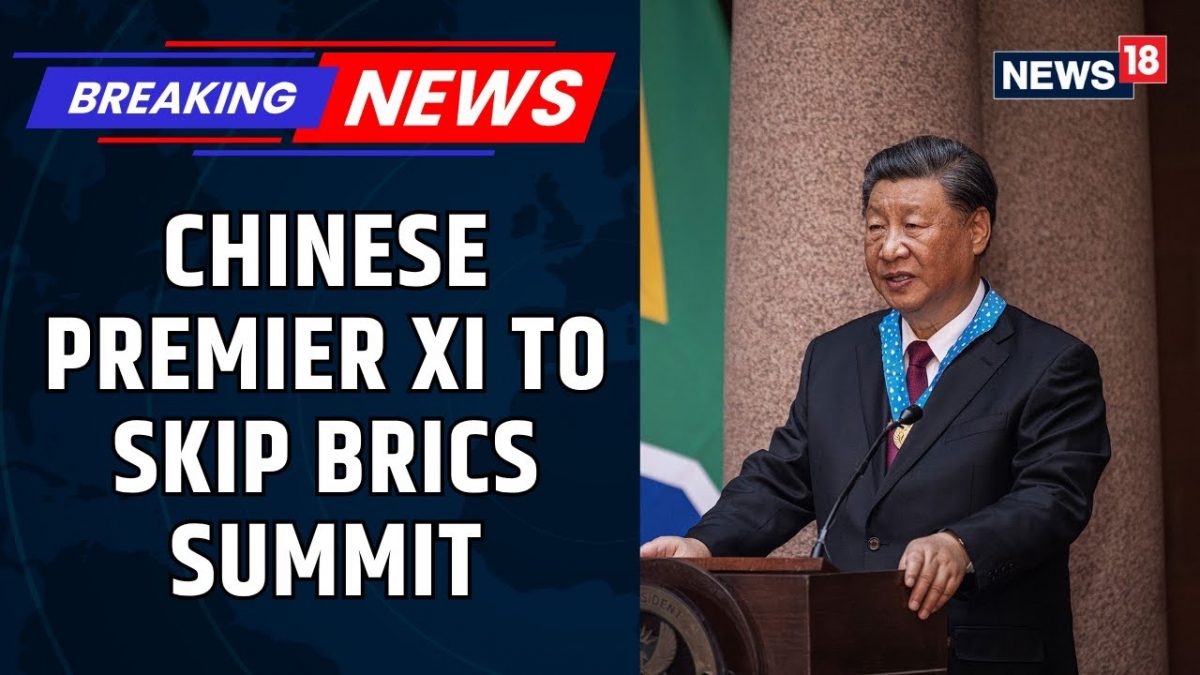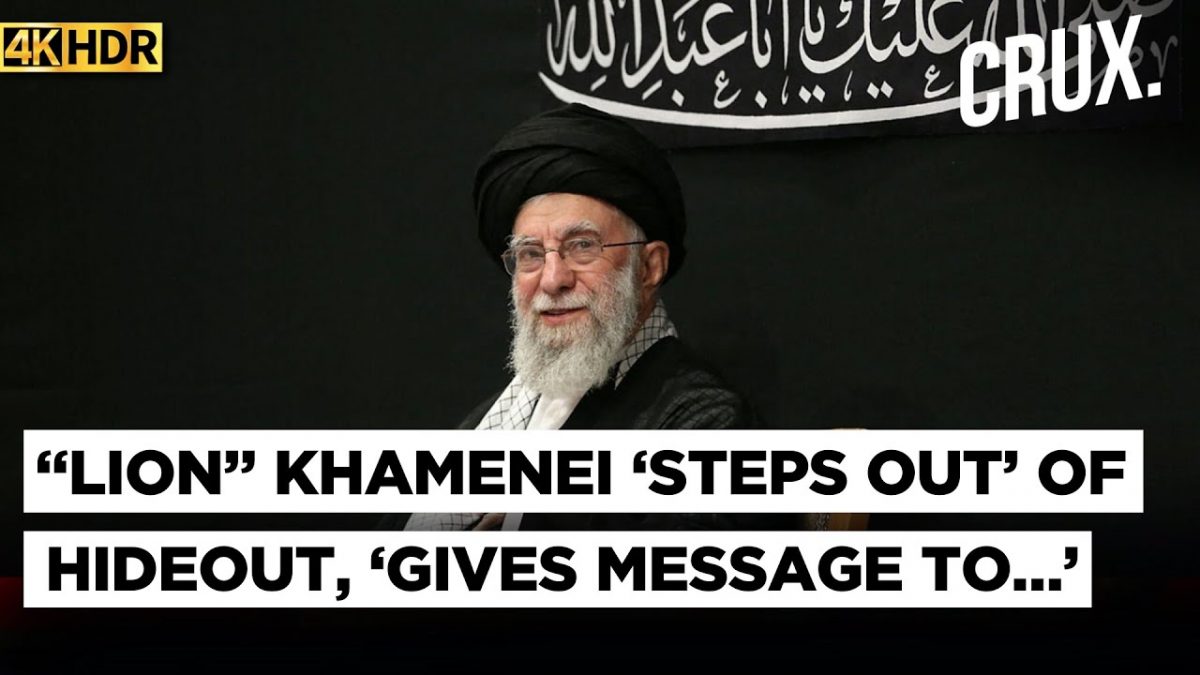ARTICLE AD BOX
Chief Justice of India BR Gavai said he feels proud when people praise well-written judgments of the Bombay High Court. However, he also admitted that several complaints regarding the 'rude behaviour' of some of his colleagues have been brought to his attention.

Chief Justice of India BR Gavai speaks at the launch of live-streaming of Bombay High Court proceedings (PTI Photo)
Chief Justice of India (CJI) BR Gavai raised concerns over rude conduct by judges in courtrooms and noted that such behaviour towards lawyers and government officials "hardly serves any purpose."
Speaking at the launch of live-streaming of Bombay High Court proceedings, the Chief Justice said he feels proud when people praise well-written judgments of the Bombay High Court. However, he also admitted that several complaints regarding the “rude behaviour” of some of his colleagues have been brought to his attention.
“Lately, I have been receiving a lot of complaints regarding rude behaviour from some colleagues. I have always believed that the opportunity to serve as a judge is not a 10-to-5 job. It is an opportunity to serve society and the nation,” said the CJI.
He recalled the words of a senior judge, saying that very few are chosen to serve the nation, and what is required is commitment and dedication to the cause of justice.
“Behaving rudely with lawyers or frequently summoning officers to court hardly serves any purpose,” he emphasised.
“One should keep the atmosphere in the courtroom pleasant—it helps maintain the blood pressure and diabetes levels of everyone, including judges and lawyers,” he added with a touch of humour.
Referring to some judges as “part-time judges,” the Chief Justice expressed concern: “Another disturbing piece of news I’ve been receiving from a bench—which I don’t wish to name—is that some judges have been behaving rudely, while others are functioning like part-time judges. If you have taken the oath to serve in this august office, then sitting for just one hour in the first half and again in the second half belittles that oath. You are not being true to it.”
He urged such judges to honour their oath, saying, “Please do not do anything that brings disrepute to this august institution—an institution whose reputation has been painstakingly built over generations by the devotion and dedication of lawyers and judges.”
Inviting all to his retirement dinner on November 23 this year, the Chief Justice also addressed the importance of interpreting laws in sync with a changing society.
“On the issue of Parliament’s power to amend the Constitution, the Supreme Court had stated that the Constitution is a living, evolving document. Parliament must have the power to amend it to meet the needs of society arising from socio-economic developments. Therefore, when we interpret laws and the Constitution, it must be in the context of present-day challenges. The interpretation must be pragmatic and suited to the needs of society,” he observed.
Speaking about the new modality introduced by the Supreme Court—where interactions are held before recommending names for judgeships—the CJI said, “Interaction does help. Recent incidents in some High Courts—fortunately not at the Bombay High Court—have shown that it is possible to assess candidates to some extent. One such incident occurred recently in a neighbouring High Court. I won't share the details, but I urge my colleagues at the Bombay High Court to ensure that such incidents do not take place here, where we have a rich tradition.”
Later in the day, at a function organised by the Advocates Association of Western India, the CJI recalled a speech by the late Shiv Sena leader Bal Thackeray, who had warned: “If you do not eradicate social and economic inequalities, the edifice of democracy that has been so laboriously built will collapse like a house of cards.”
Concluding on a hopeful note, the Chief Justice said that things are improving, and that “75 years is not too long for the working of a Constitution.” He affirmed that all three wings—legislative, executive, and judiciary—are working toward achieving social and economic stability.
- Ends
Published By:
Sayan Ganguly
Published On:
Jul 6, 2025



.png)
.png)
.png)
















 8 hours ago
5
8 hours ago
5










 English (US) ·
English (US) ·